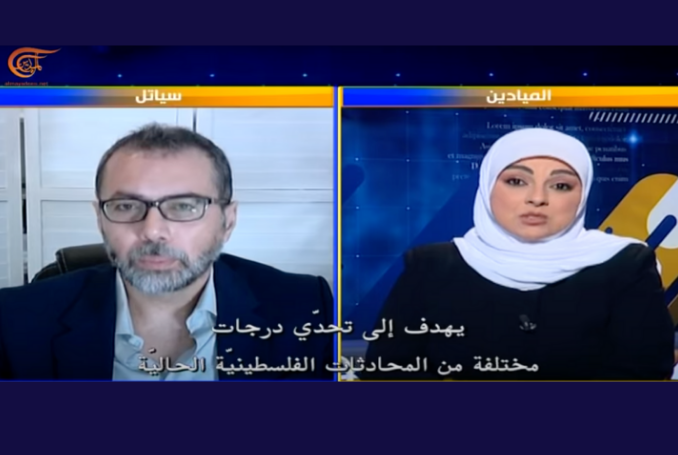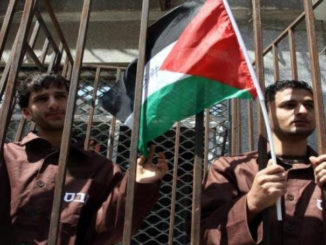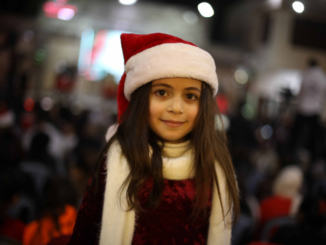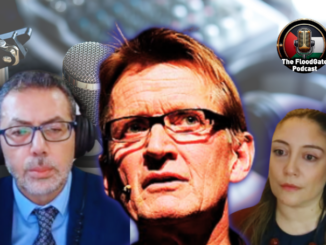
During an interview with Lebanese TV channel Al Mayadeen, Palestinian author, journalist and editor of The Palestine Chronicle, Dr. Ramzy Baroud, presented his new book “Our Vision for Liberation: Engaged Palestinian Leaders and Intellectuals Speak Out,” co-edited with renowned historian, Professor Ilan Pappé, and published by Clarity Press.
“The term Liberation, along with other terms, such as Al-Muqawama, Resistance, has been viewed with disfavor since the Oslo so-called peace process and the political charade and, naturally, the political discourse that accompanied that charade,” Baroud said.
Below are a few excerpts from the interview, conducted by Zainab al-Saffar, host of the Al-Mayadeen’s well-regarded program Min al-Dakhil – From the Inside:
Why ‘Liberation’
“Palestinians and their supporters were divided into camps, the ‘extremists’ and the ‘moderates’, and certain words have been removed almost entirely (…), and this is very dangerous, because the Palestinian people are leading a national liberation struggle.”
“Nothing has changed, Palestine is still an occupied country, Palestinians are still an oppressed nation, are still fighting and resisting for their freedom. So why did we remove the language that is intentionally meant to describe the events in Palestine?”“We have decided to use, or rather re-use, the word ‘Liberation’ as a new marker. If we are to think of a prosperous future for Palestinian freedom, justice and so forth, it has to be based on the right terminology and that is Liberation”.
Ordinary People Matter
“The language has changed but also the characters have changed. The Palestinian people who have always served as the core players in this so-called conflict, in what we call our national liberation struggle, have been removed entirely from the story. They are only allowed to emerge once in a while as victims, numbers or statistics.”
“Our ability to study the events in our region rarely follows the trajectory of ordinary people. We constantly seek the answers trying to analyze leaders, governments and ruling elites but we rarely look at ordinary people.”
“This is why I decided to focus my Ph.D. studies on people’s history at the University of Exeter, and this is my connection with Professor Ilan Pappé. We asked a simple question: What propels Palestinians to fight after 75 years of Zionist colonization of Palestine? Is it characters – Mahmoud Abbas, Mohammed Dahlan, Yasser Arafat? Is it a faction? No, the reason that they carry on is the people themselves.”
Who Represents Palestine
“If an individual on his own comes up with his own, individual vision for liberation, we always have this conflict, the conflict of representation. Who represents the Palesitnian people? And who has the right to speak about the Palestinian people? It hasn’t been resolved. We already know that resistance is something that cannot be compromised. This book attempts to offer an introduction to what a Palestinian political program could look like”.
“How were these intellectuals selected? And this is where there is a keyword in the title. It is the word ‘engaged’ that makes all the difference. The term, similar to the term ‘organic intellectual’ comes from Antonio Gramsci, the anti-fascist Italian intellectual who died essentially in prison. We wanted to apply this to the Palestinian situation.”
(The Palestine Chronicle)








